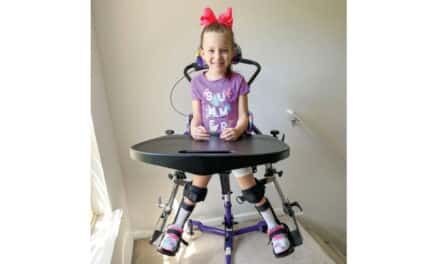Surgery for patients with broken hips should take place the same day or day after a patient is admitted to the hospital, according to a study published Wednesday, June 22, by the National Institute for Health and Clinical Excellence (NICE). Evidence demonstrates that prompt surgery and an effective hip fracture program can significantly improve patients’ lives, reducing the length of hospital stays, helping them recover mobility faster, and reducing the number of follow-up procedures.
Hip fracture surgery should be scheduled on a planned trauma list, and consultants or senior staff should supervise junior and trainee staff when carrying out operations. Around 70-75,000 hip fractures occur each year in the UK, and figures are expected to rise as a result of the aging population.
Outcomes for patients with broken hips can be poor, with one in three dying within 12 months. Although most of these deaths are not due to the fracture itself, it is an indication of the high prevalence of pre-existing illnesses in these patients.
The new study recognizes that hip fractures are not only a surgical concern. Falls and hip fractures in adults often signal ill-health and a coordinated multidisciplinary approach from hospital admission to discharge is essential.
A hip fracture program encourages different health care professionals, including surgeons, physicians, anaesthetists, nurses, and physiotherapists to work closer together. NICE recommends patients should be offered a physiotherapy assessment and start mobilization, such as weight bearing and exercises, the day after surgery.
[Source: Medical News Today]




